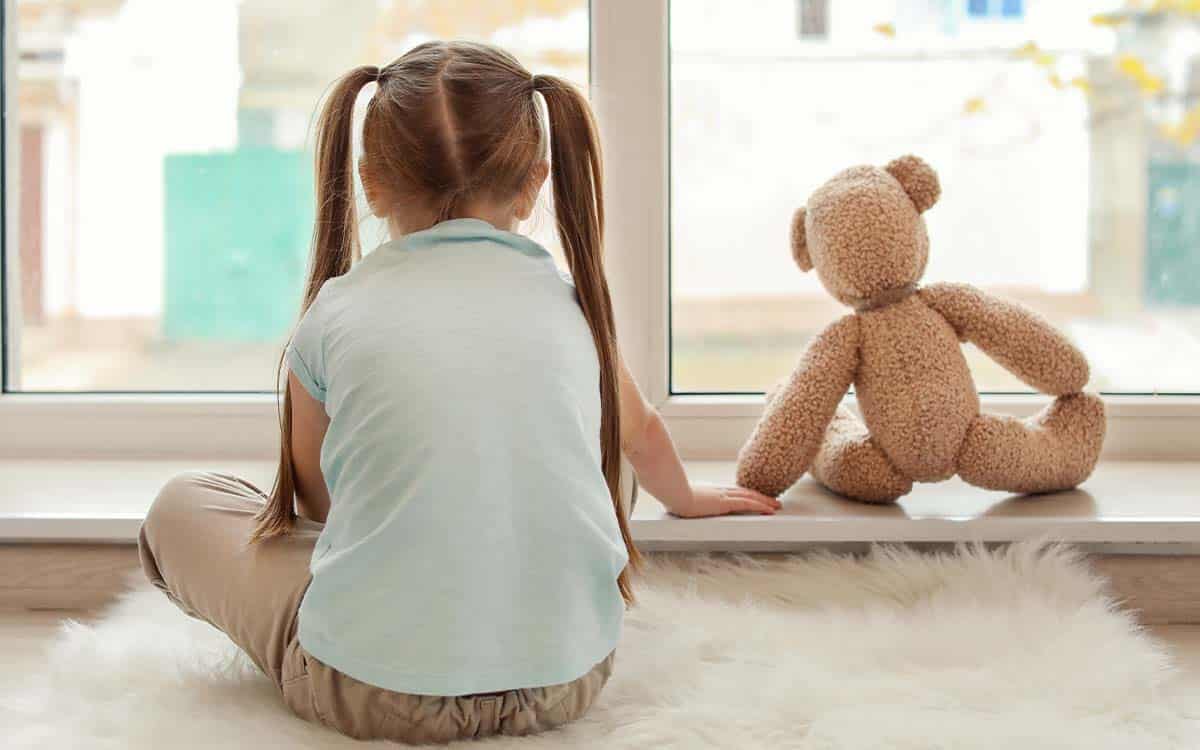Statistics continue to show that mental health among children is important and needs more attention.
The COVID-19 pandemic has brought more awareness and focus on the topic of mental health, especially children’s mental health. During school, sports, and activity shut downs, kids’ lives changed drastically. Constantly hearing about the COVID virus and worrying about loved ones and friends getting ill pushed everyone, including children, to a higher stress level. The importance of mental health became more apparent.
A new study published in December 2022, in the JAMA Pediatrics journal, looked at the trends in pediatric mental health emergency department visits and revisits. They found that pediatric emergency department visits for mental health crises are increasing.1 This is concerning because these children are struggling with mental health concerns and frequent emergency room visits can lead to more mental and financial stress on individuals, families, and the healthcare system. If parents, caregivers, and healthcare workers are able to better understand and improve mental health care and delivery for children, then some of these emergency room visits could be avoided.
The study found mental health visits in pediatric emergency departments have increased by 8% annually. The most common reasons for the visits included suicidal ideation, self-harm, mood disorders, anxiety disorders, and disruptive or impulse control disorders.1 These statistics show that mental health is a rising concern for children and something parents should be paying attention to.
Pediatrician Dr. Scott Hadland, told CNN “We are absolutely seeing this rise. I run our primary care clinic for teens in Boston, and on a typical day in the clinic, more than four out of every five teens I see are struggling with mental health concerns. We know that Covid socially isolated many young people, and kept them from school and other activities important to their healthy development. As a result, rates of the same mental health problems are probably even higher now.”2
Parents should consider their children’s mental health and talk to them about it frequently and openly. Depending on your child’s age, there are different ways of approaching the conversation. Consider using a book or coloring book that focuses on emotions and feelings if you have a young child. Make sure to listen to your children, validate their feelings, and give them clear explanations. Never blame a child for how they feel. Ask them questions and allow them to ask you questions. Have frequent conversations and tell them they can always come to you. Discuss the importance of mental health and self-care. Let them know that it is okay to not be okay and there are resources out there to help. Don’t be afraid to ask your children about suicide or suicidal thoughts. You may feel uncomfortable talking to your kids about mental health but it will get easier and it will help your children and show them that you care. If you need help talking to your children about mental health, reach out to a doctor, a counselor, or a therapist.
Resources
- Cushing AM, Liberman DB, Pham PK, et al. Mental Health Revisits at US Pediatric Emergency Departments. JAMA Pediatr. Published online December 27, 2022. doi:10.1001/jamapediatrics.2022.4885
- Howard, J. (2022, December 27). Mental health-related emergency department visits and revisits are on the rise among children, study finds. CNN. Retrieved January 6, 2023
